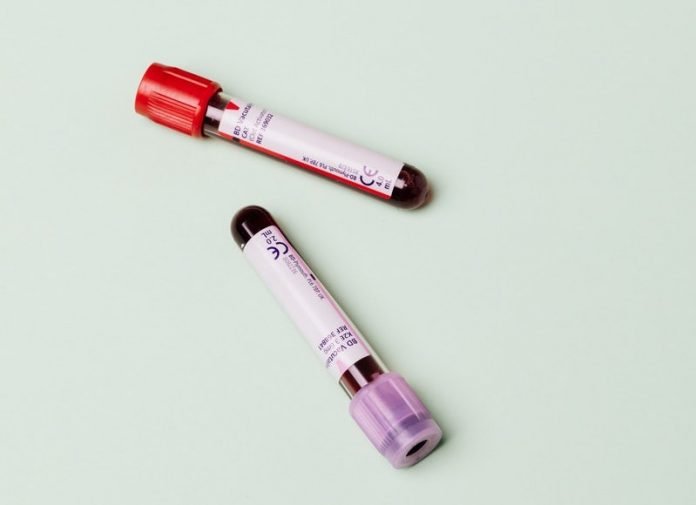
Why so many COVID-19 patients get blood clots (thrombosis) remains uncertain.
In a new study, researchers have identified a mechanism they believe to be implicated.
A particular protein triggers a part of our immune system that can boost the blood’s tendency to coagulate and form clots.
The research was conducted by scientists at Uppsala University and the University Hospital
Since thrombosis has proved to be a common complication in severe COVID-19, most people receiving hospital care for the disease get them.
In a new study, the researchers found that a key mechanism of clot formation in COVID-19 may be activation of what is known as the complement system, which is part of the immune system we are born with.
This can be initiated by certain proteins, one example being mannose-binding lectin (MBL).
Sixty-five patients receiving intensive care at Uppsala University Hospital had their MBL levels and activity measured.
In all those who developed thrombosis during their hospital stay, MBL activity and levels were found to be elevated.
The scientists believe that when the complement system is activated by means of MBL, it contributes to massive activation of the blood coagulation system as well.
This change, seen in many COVID-19 patients, results in thrombosis.
The study indicates that the complement system not only is included in our immune defenses but can also serve to boost the blood’s clotting propensity.
The results are especially interesting since we think MBL activates blood coagulation in a way that blood-thinning drugs can’t prevent.
This might explain why so many patients suffer from clots in spite of treatment.
The scientists think their results might eventually lead to testing of MBL activity in COVID-19 patients to identify those who are at high risk of getting thrombosis.
MBL could also be a possible target in the future development of drugs to prevent the condition.
One author of the study is Oskar Eriksson, a doctor at the University Hospital.
The study is published in Thrombosis and Haemostasis.
Copyright © 2020 Knowridge Science Report. All rights reserved.



